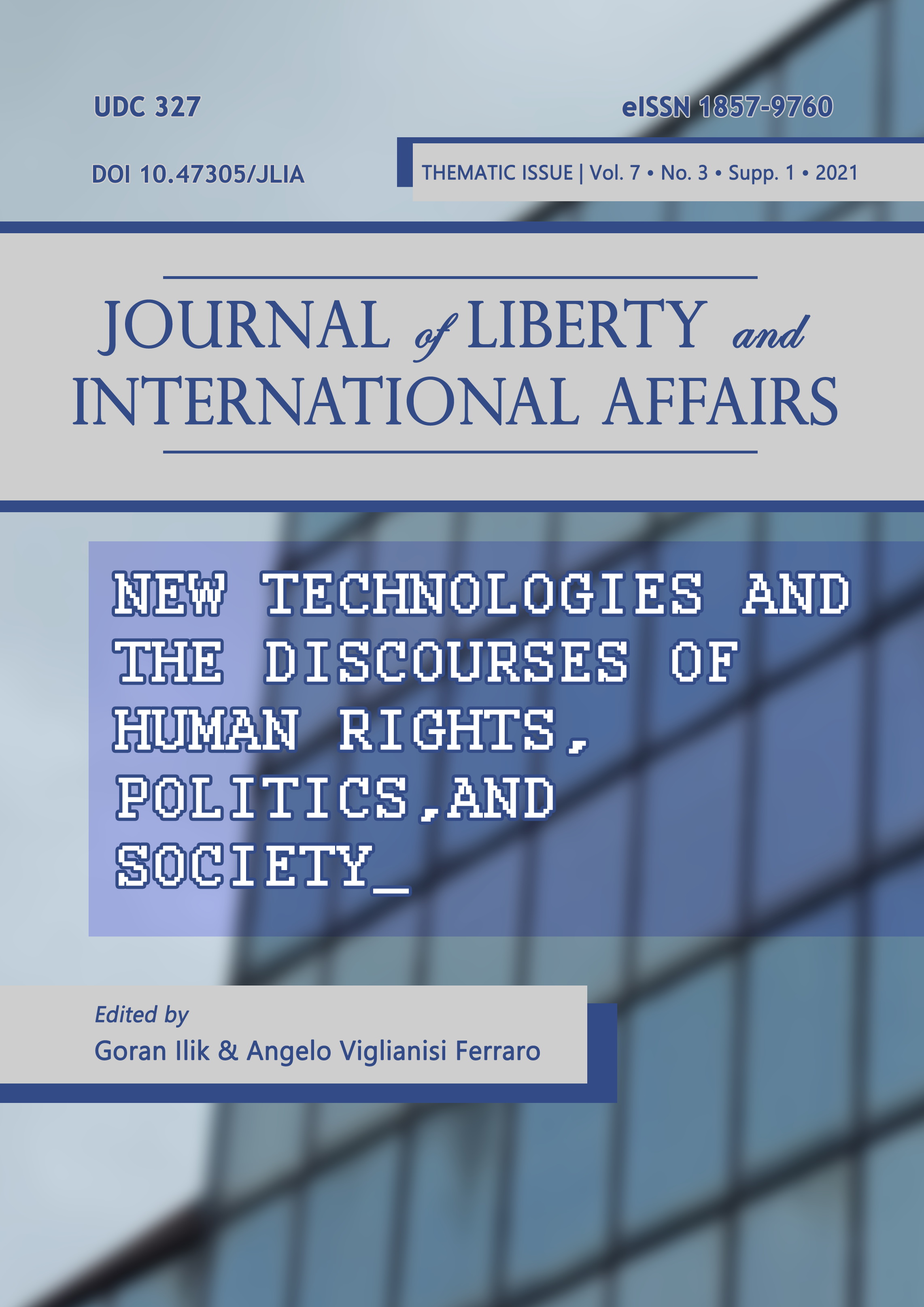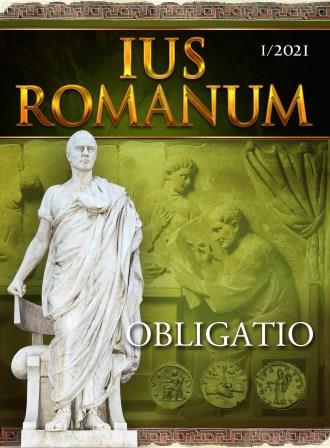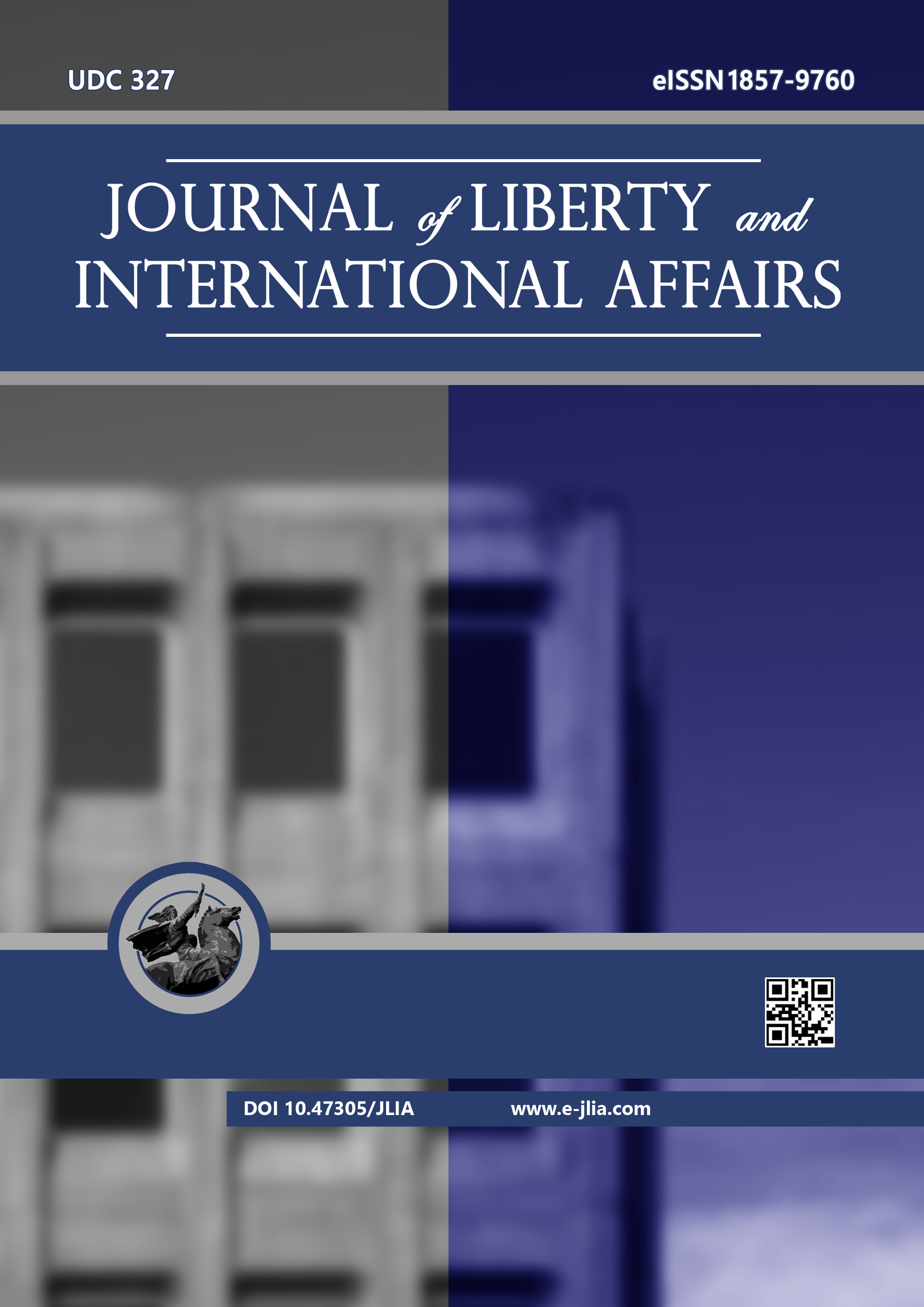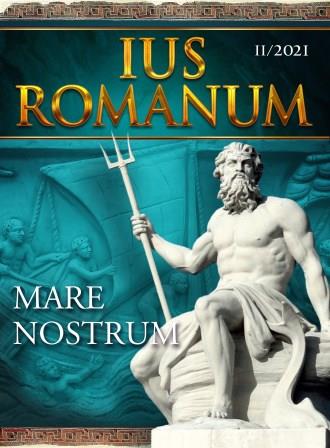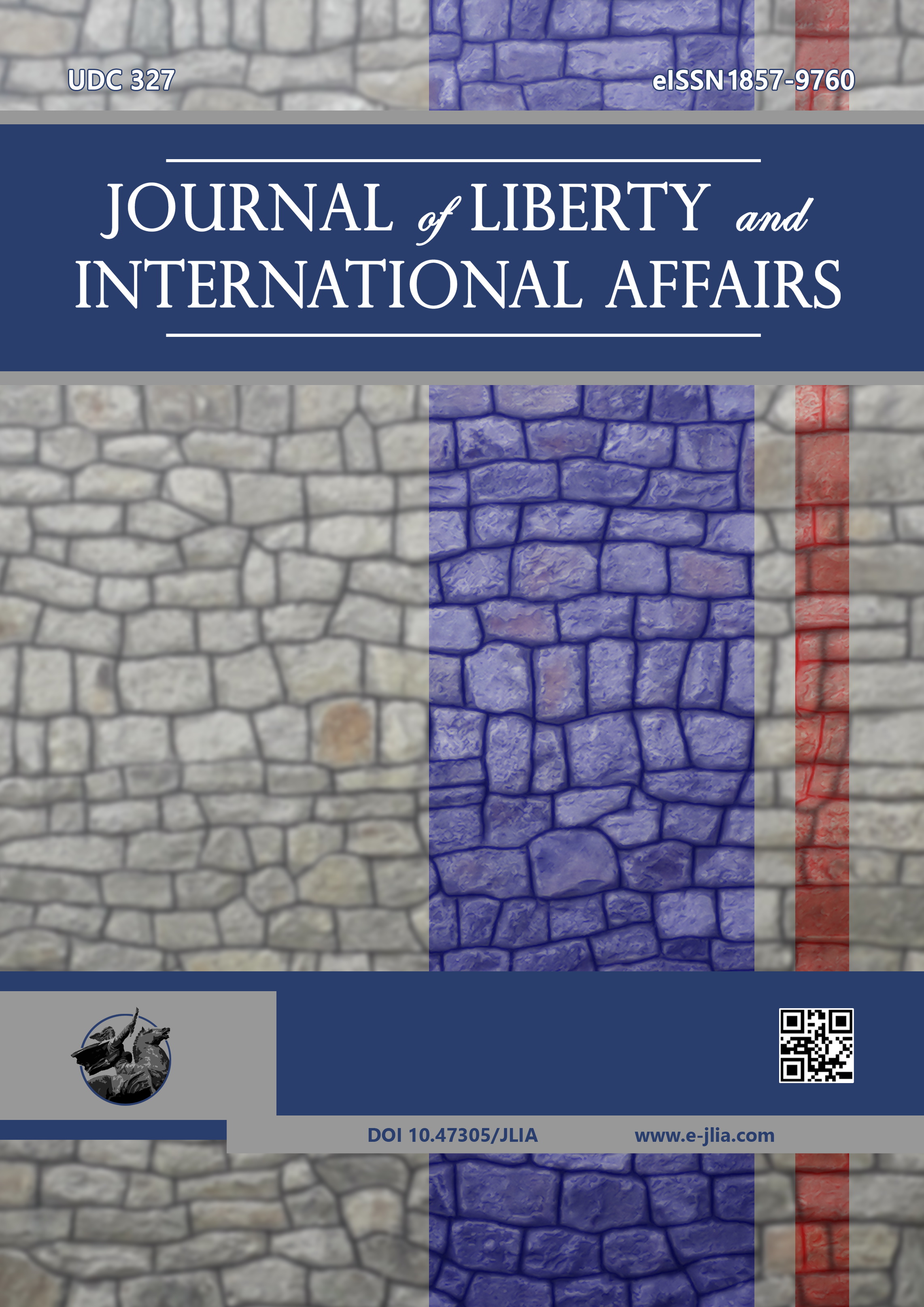
REFOULING ROHINGYAS: THE SUPREME COURT OF INDIA'S UNEASY ENGAGEMENT WITH INTERNATIONAL LAW
The complex relationship between international and municipal law has been the bone of significant scholarly contention. In the Indian context, despite a formal commitment to dualism, courts have effected an interpretive shift towards monism by espousing incorporation of international law. The case of Mohammad Salimullah v. Union of India, which involves the issue of deportation of Rohingya refugees from India, represents a challenge in this regard owing to the lack of clarity as to India’s obligations under the principle of non-refoulement. The paper uses the Supreme Court’s recent interim order in the said case as a case study to examine India’s engagement with international law. It argues that the order inadequately examines the role of international law in constitutional interpretation and has the unfortunate effect of ‘refouling’ Rohingyas by sending them back to a state where they face imminent persecution.
More...
